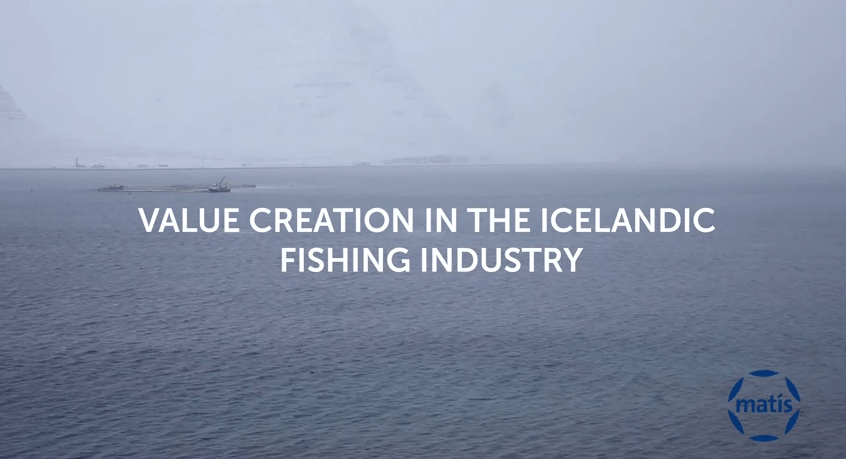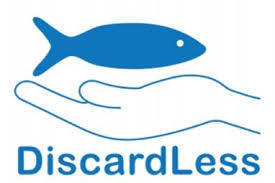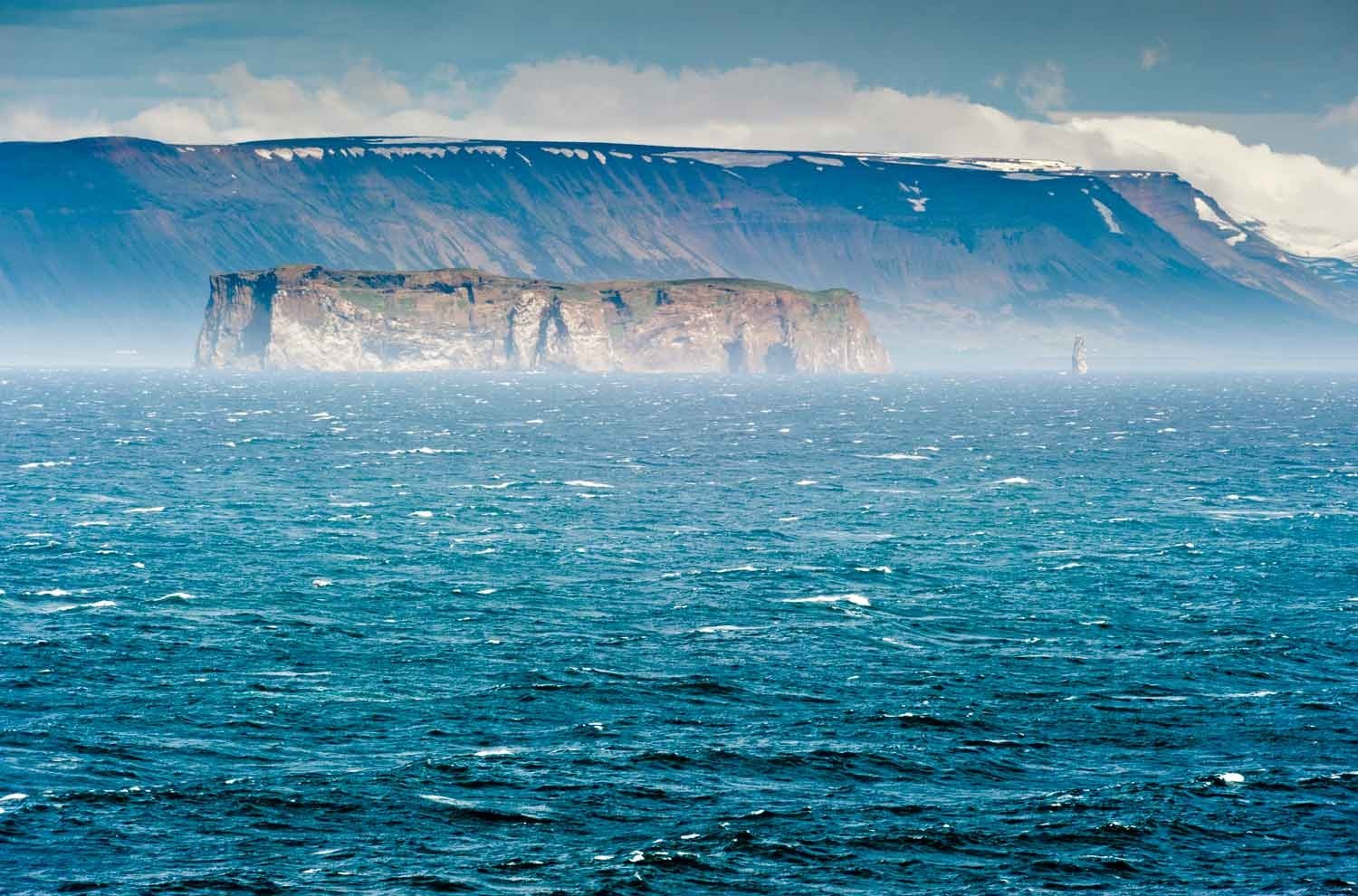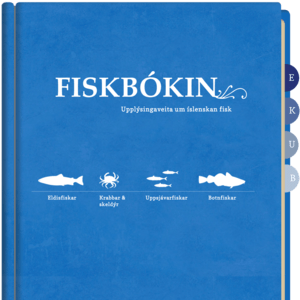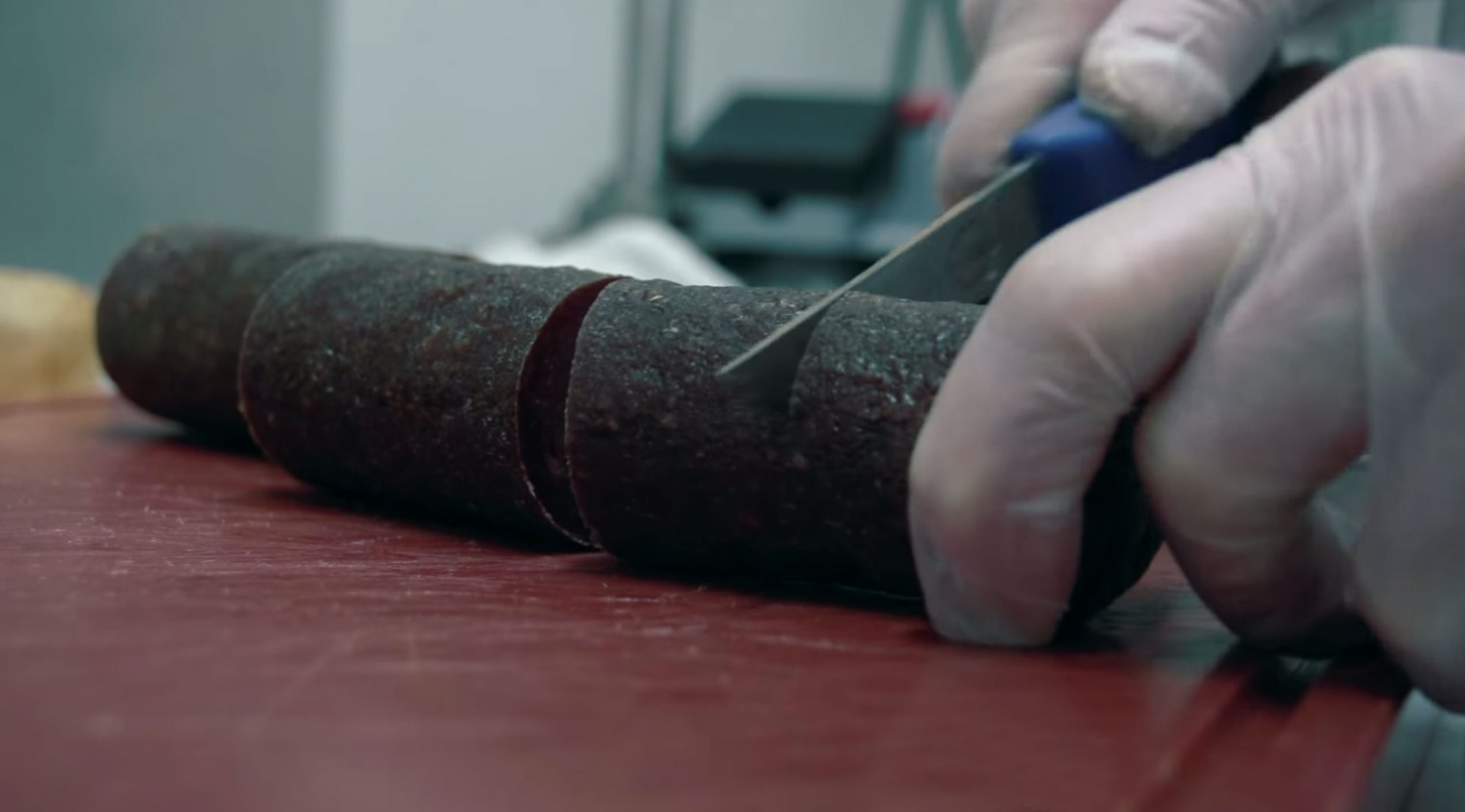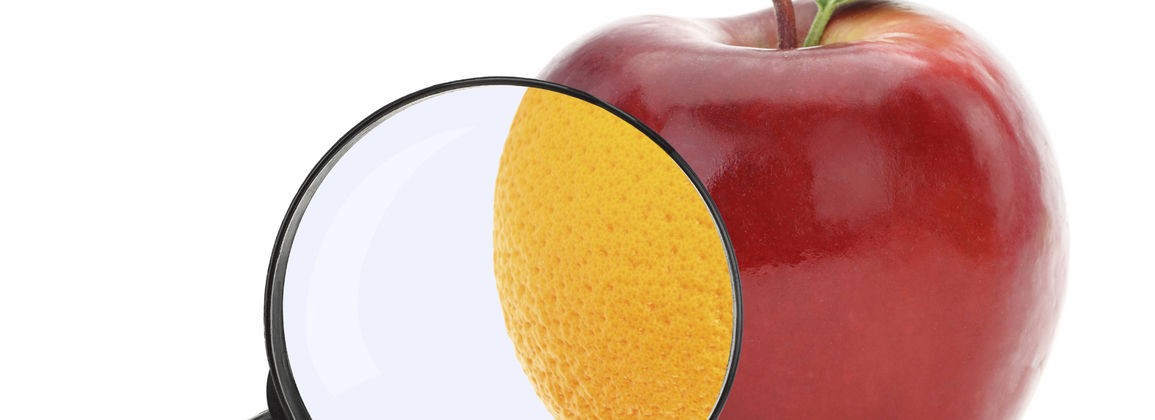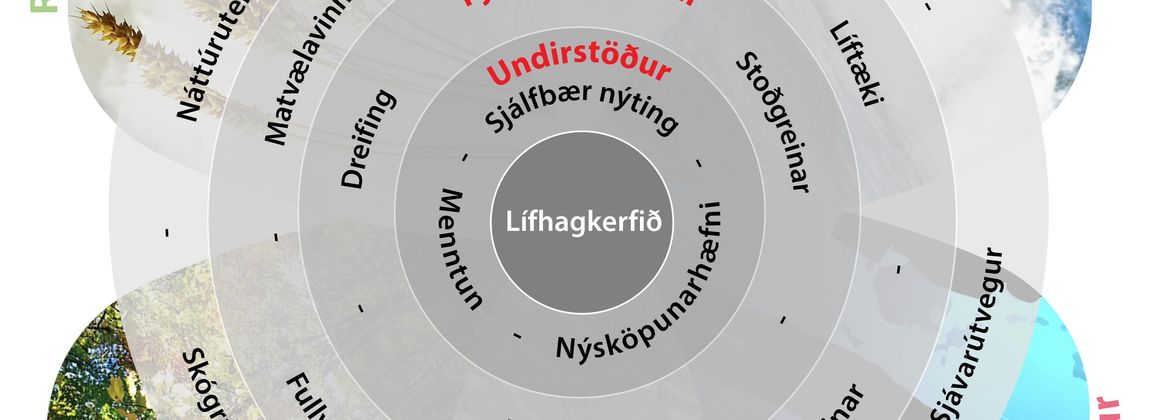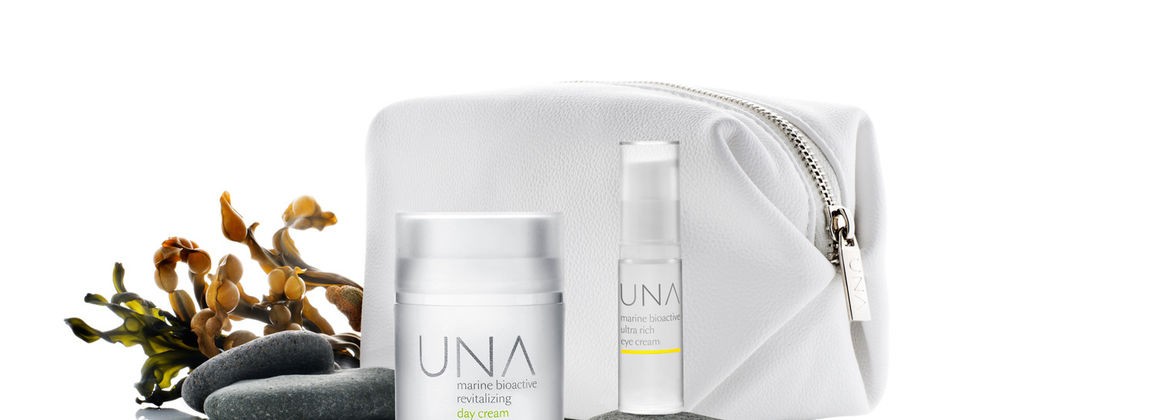Increase in value in the Icelandic fisheries sector
Íslenskur sjávarútvegur er mikilvægur Íslendingum og íslenska hagkerfinu. Síðastliðin 20 ár eða svo hefur virði aflans aukist umtalsvert og það […]
Increase in value in the Icelandic fisheries sector Nánar »
